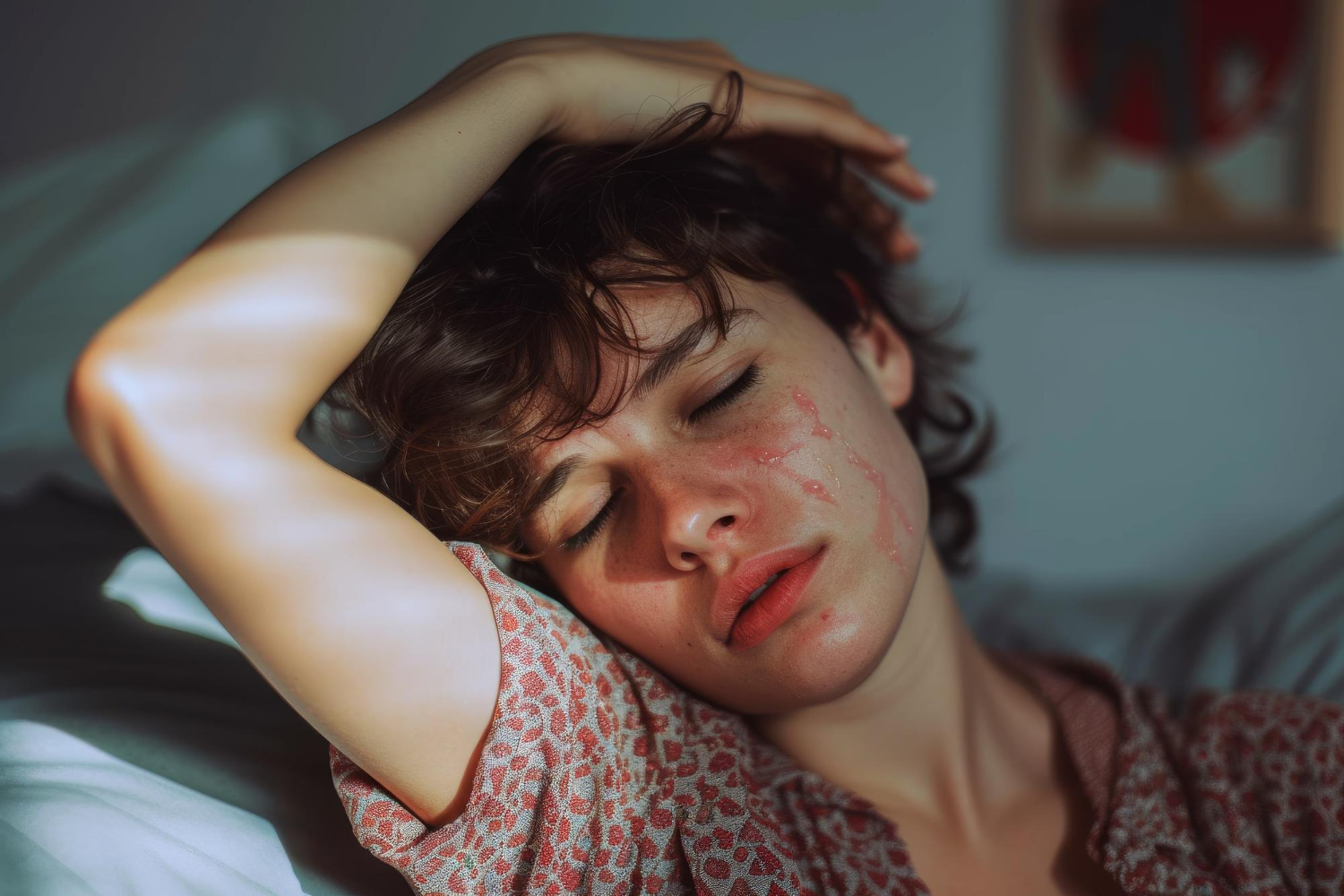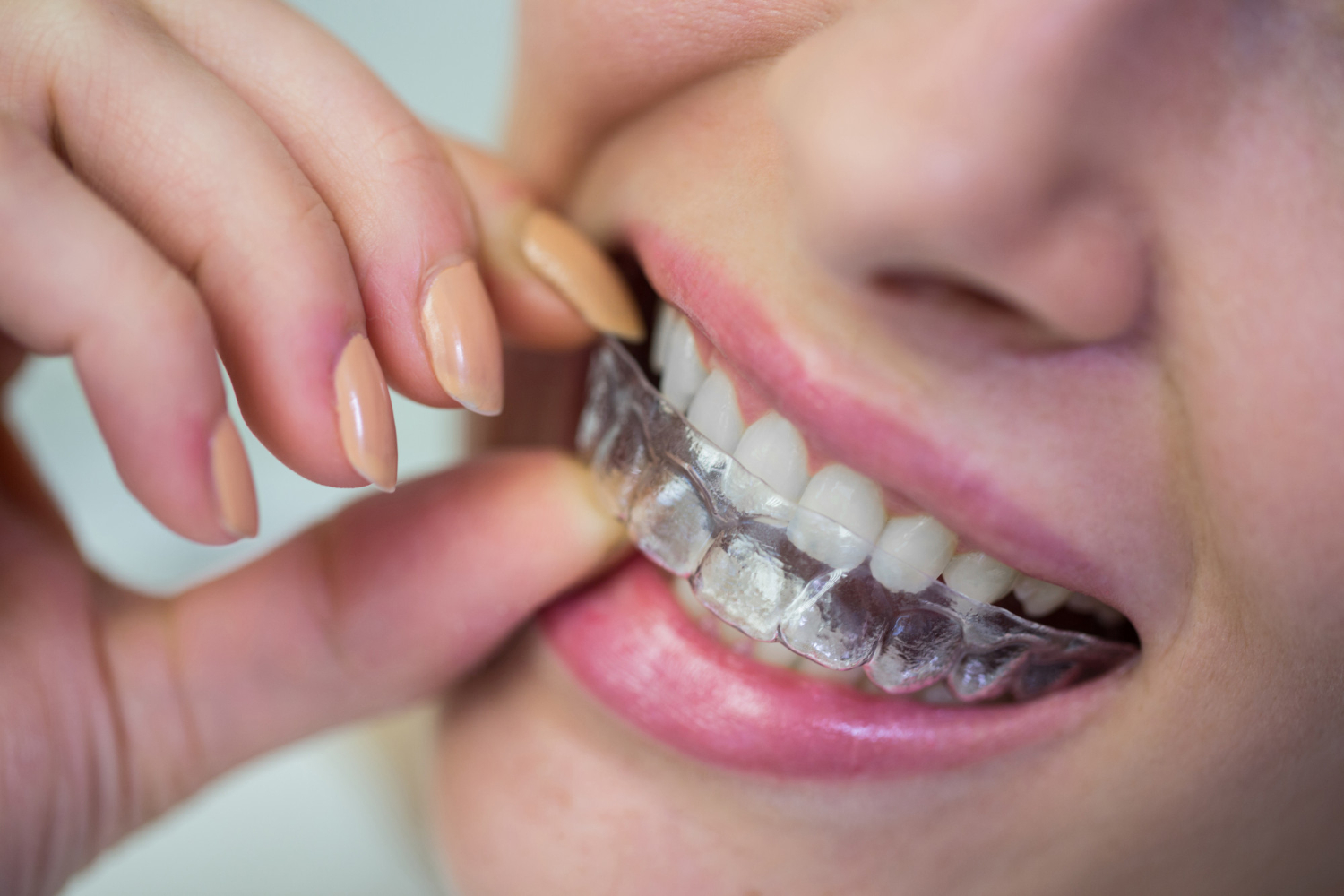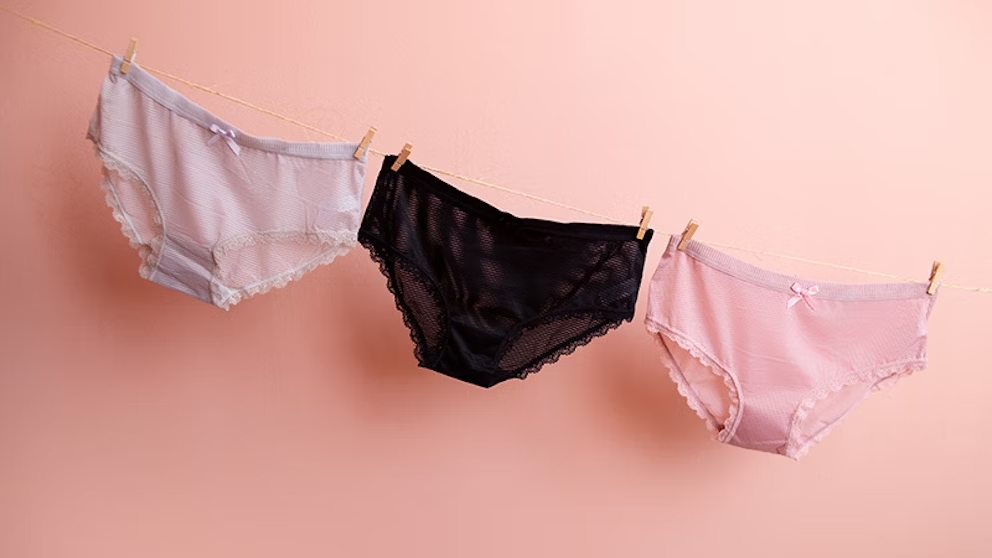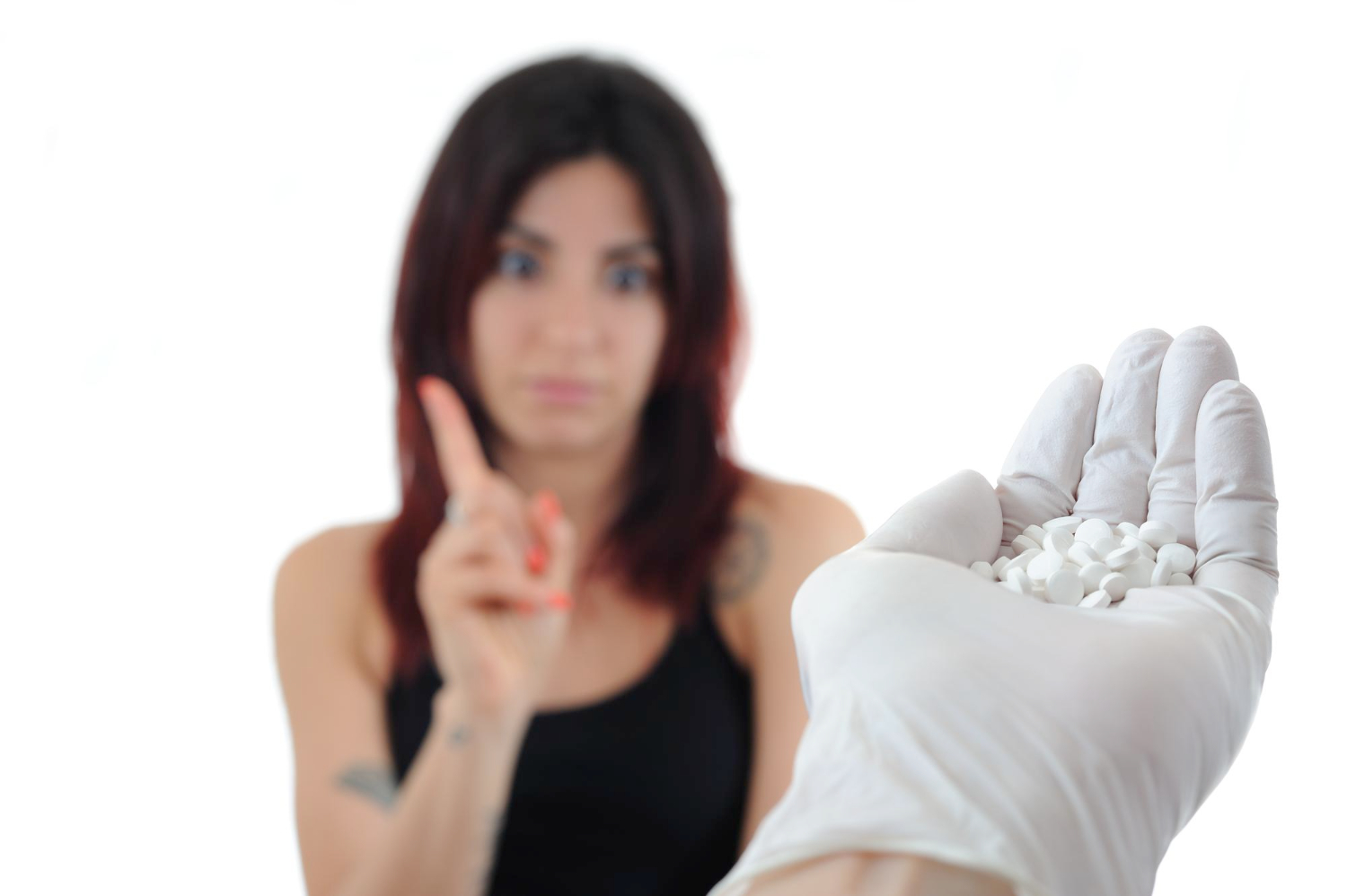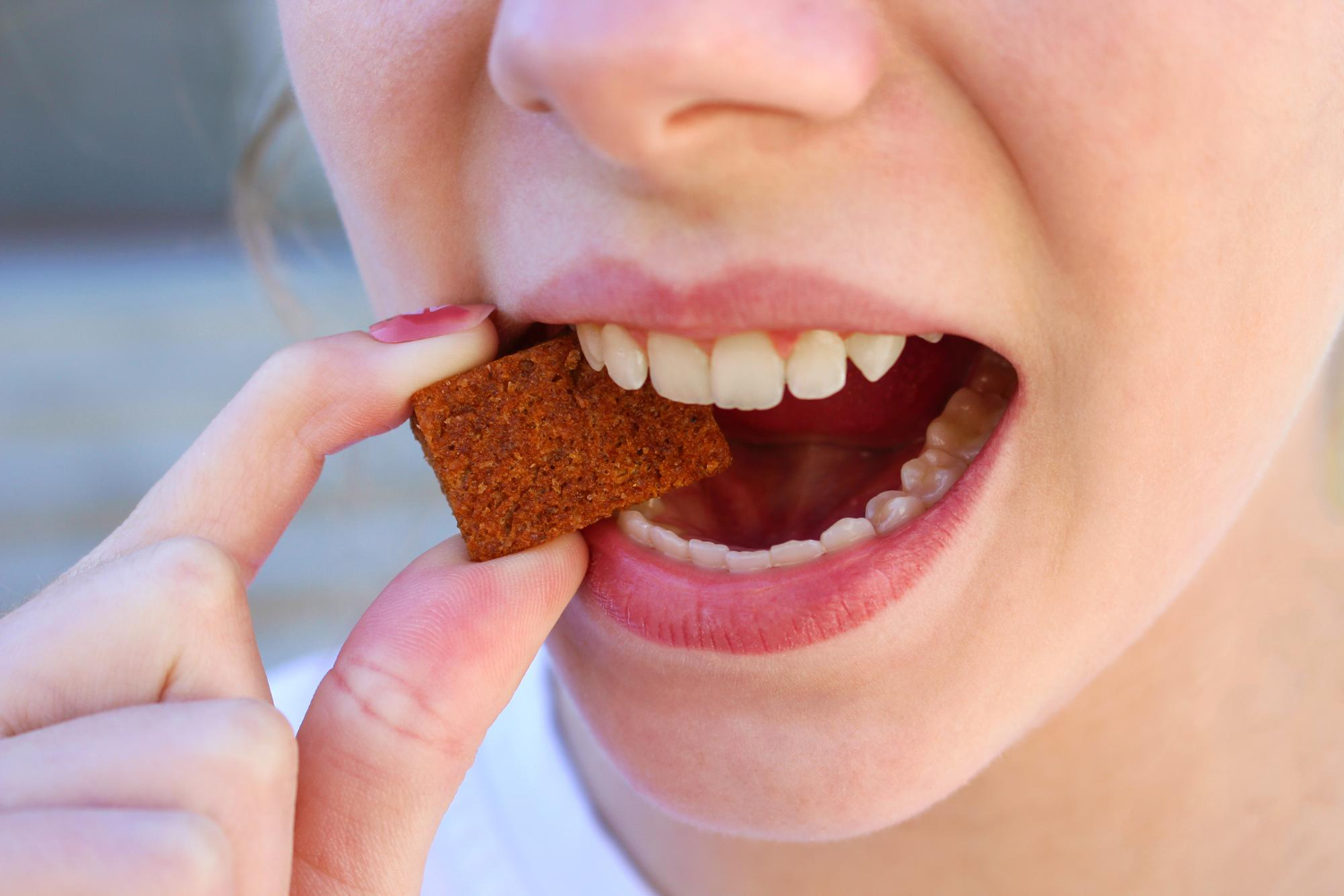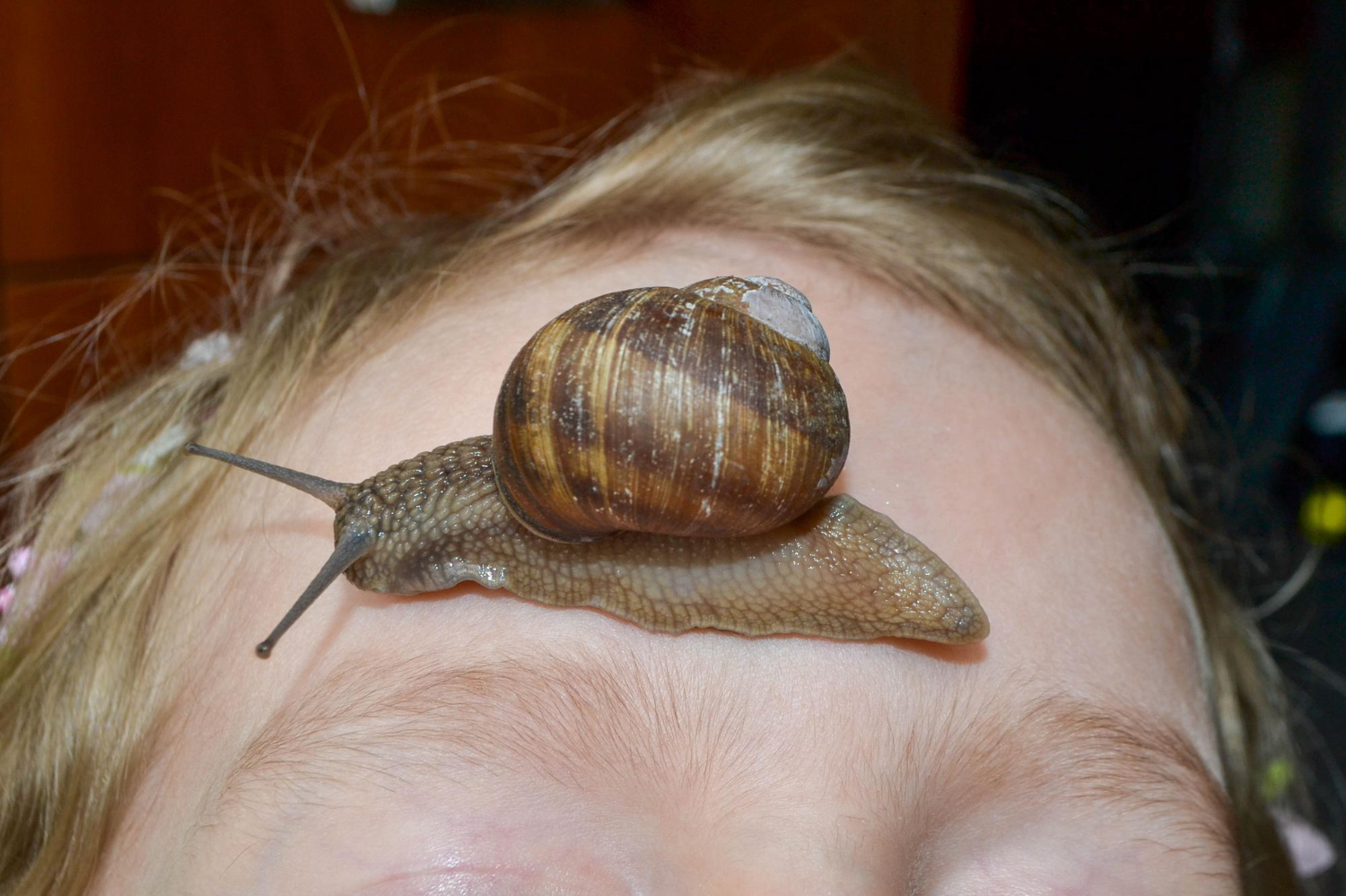Ever woken up to a breakout after staying up late binge-watching your favorite series or chasing deadlines? You’re not alone. Modern life often cuts into our sleep, and while this impacts energy levels and mood, it can also wreak havoc on your skin. Surprisingly, poor sleep could be the missing link to why your complexion isn’t as clear as you’d like.
This blog explores the connection between sleep deprivation and acne, discussing why your skin needs its beauty sleep, the science behind stress-induced breakouts, and actionable ways to keep your skin clear.
Table of Contents
ToggleWhat Happens to Your Skin When You Don’t Sleep Enough?
Sleep is when our body goes into repair mode—and your skin is no exception. During deep sleep, the body produces growth hormones, regulates cortisol levels, and conducts essential repair processes like collagen production and skin barrier rejuvenation. When you miss out on quality sleep, these processes don’t function as they should, leaving your skin prone to the following issues:
- Dullness and dehydration due to an impaired skin barrier.
- Inflammation, which exacerbates acne.
- Excess oil production, triggered by unbalanced cortisol levels, leading to clogged pores.
Research supports that poor-quality sleep contributes to various skin problems, including acne. According to a 2019 study published in Clocks & Sleep, poor sleep quality and acne severity often go hand in hand.
The Cortisol Connection
Cortisol, the body’s stress hormone, is directly linked to sebum (oil) production. Lack of sleep drives cortisol levels up, overstimulating oil glands and causing clogged pores—the perfect recipe for breakouts.
How Does Lack of Sleep Cause Breakouts?
To better understand the relationship, here are the key ways sleep deprivation messes with your skin health.
Stress and Cortisol
When you’re sleep-deprived, your body enters a state of stress, producing elevated cortisol levels. The effects? Overactive oil glands lead to greasy skin, clogged pores, and acne zits. One 2015 population-based study in Acta Dermato-Venereologica showed fatigue and poor sleep quality significantly increase acne risks for adults.
Weakened Skin Barrier
The skin barrier acts as a shield, locking in hydration while keeping irritants and bacteria at bay. Sleep is vital for strengthening this barrier, but with reduced rest, it’s harder for your skin to retain moisture or recover from environmental damage. The weakened barrier leaves your skin more vulnerable to inflammation and breakouts.
Increased Skin Inflammation
Sleep deficit raises systemic inflammation, which not only slows healing but also worsens inflammatory acne—those painful, red pimples. This is why stress acne often looks angrier and more intense.
The Vicious Cycle
Ironically, acne itself can lead to poor sleep, creating a feedback loop. Stressing over breakouts can disrupt sleep routines, while sleepless nights result in more breakouts—a frustrating cycle many acne sufferers can relate to.
Other Skin Issues Linked to Sleep Deprivation
It’s not just acne! Sleep deprivation also leaves its mark in other ways:
- Dark Under-Eye Circles & Puffiness
No amount of cream can fully mask the tired, puffy eyes caused by lack of sleep.
- Premature Aging
Poor sleep accelerates aging as it hinders collagen production, leaving skin less elastic and prone to fine lines.
- Dry Skin
Dehydration due to a weakened skin barrier makes the skin look flaky and dull.
A tired complexion can even affect self-confidence, with surveys indicating that sleep-deprived people are less satisfied with their appearance.
What Does Stress Acne Look Like?
Wondering if your acne is stress-induced? Here’s how to tell:
- Appearance: Stress acne typically shows up as inflamed red pimples, sometimes with pus-filled heads.
- Location: It often appears along the T-zone (forehead, nose, and chin) or hormonal zones like the jawline.
- Timing: It correlates with high-stress periods, such as exams, work deadlines, or life transitions.
Unlike other forms of acne, stress acne tends to flare up suddenly and during particularly intense days.
How to Prevent Breakouts Caused by Lack of Sleep
- Prioritize Sleep Hygiene
- Set consistent sleep and wake times, even on weekends.
- Avoid blue light from devices at least an hour before bedtime.
- Create a calming bedroom environment—cool, dark, and quiet works best.
- Manage Stress Levels
- Practice mindfulness or yoga to keep cortisol levels down.
- Try journaling or guided meditations to ease nighttime stress.
- Optimize Your Skincare Routine
- Never skip cleansing before bedtime to remove dirt, makeup, and oil buildup.
- Use a non-comedogenic moisturizer to hydrate your skin and restore its barrier.
- Consider spot treatments with salicylic acid to preemptively treat breakout-prone areas.
- Keep Your Sleep Environment Clean
- Wash pillowcases and sheets weekly to avoid transferring bacteria and oils to your face.
- Keep hair clean, especially if you sleep with it loose.
- Stay Hydrated and Eat Right
- Drink plenty of water to keep your skin hydrated.
- Consume a balanced diet rich in antioxidants (from fruits and veggies), Omega-3s, and Vitamin A-rich foods like sweet potatoes and carrots.
Do Factors Other Than Sleep Contribute to Breakouts?
Yes, sleep is just one piece of the acne puzzle. Other triggers include:
- Diet: High-glycemic foods and excessive dairy can worsen acne.
- Hormonal Shifts: Hormones, especially in teens or during ovulation, can contribute to breakouts.
- Improper Skincare: Harsh products, pore-clogging formulas, or too many actives can irritate the skin.
Understanding these factors alongside the importance of sleep forms a solid foundation for improving your skin health.
Reclaim Your Skin (and Sleep!)
The connection between poor sleep and skin health is clear—your complexion suffers when you skip on rest. Sleep deprivation triggers stress, weakens your skin barrier, and fuels inflammation, making your skin more susceptible to breakouts.
Start by ensuring quality sleep as a part of your daily wellness routine, while also taking care of your skin through consistent hygiene, smart product selections, and stress management. Implement these tweaks and watch as your skin begins to reward you.
Struggling with persistent breakouts or acne concerns? Explore our expert skincare guide or reach out for personalized advice today. Your road to clearer, healthier skin might just begin with a good night’s sleep.
FAQs
Can lack of sleep cause pimples?
Yes. Poor sleep elevates stress hormones, leading to excess oil production and clogged pores.
Does sleep deprivation only cause acne?
Not at all. It also contributes to dark circles, dryness, and premature aging.
What does stress acne look like?
Stress acne typically appears as inflamed, red spots along the T-zone or jawline during high-stress periods.
Can tiredness alone trigger breakouts?
Chronic fatigue often works with other factors, like increased cortisol levels or a weak skin barrier, to cause breakouts.

